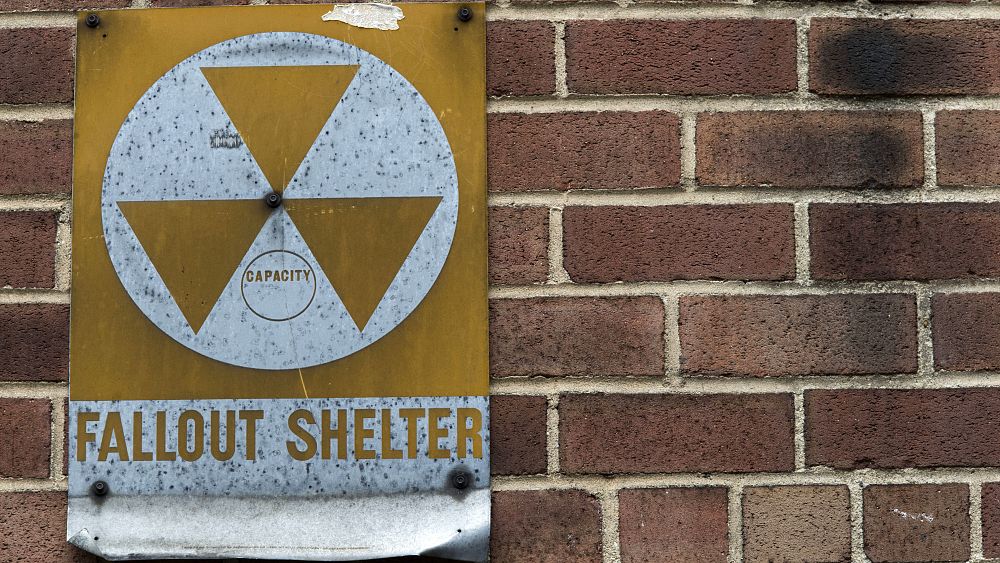The obstetrics department at the Ville-Marie hospital in Abitibi-Témiscamingue is suspended until Monday morning due to staff shortages. The CISSS de l’Abitibi-Témiscamingue made the announcement on Thursday evening, on his Facebook page.
“The women affected by this situation have been contacted and a service corridor has been established with the Rouyn-Noranda hospital,” the message reads. The two establishments are located 130 km away, or about 90 minutes by car.
Thursday noon, another break in service had already been announced in the same waythis time at the Temiscaming-Kipawa emergency department, which was to close Friday to Saturday nights, Saturday to Sunday and Sunday to Monday, between 7:30 p.m. and 7:30 a.m. of the service, the ambulances will be directed to the Ville-Marie multi-service health and social services center,” the CISSS indicated.
This event takes place “due to the shortage of nursing resources and the withdrawal of nursing resources from private agencies”, the organization said.
This is not the first time that health services have been undermined in Abitibi-Témiscamingue. Indeed, in mid-April last year, the same obstetrics department had been forced to close for more than six months. In addition, the Temiscaming-Kipawa emergency department announced a reduction in its services last November and had to close its doors for several nights during the week of March 21.
13,000 employees absent
The office of the Minister of Health did not wish to comment on the situation, referring The Canadian Press to the press briefing held Thursday morning by Christian Dubé.
He then expressed concern that 13,000 healthcare workers were missing due to COVID-19, and anticipated that “it [allait] be tough in the ER in the next two weeks,” but that the network would hold firm. He did not address the situation in Abitibi-Témiscamingue.
The Solidarity MNA for Rouyn-Noranda–Témiscamingue, Émilise Lessard-Therrien, recalled that the situation is not unprecedented: last December, during a break in service at the Senneterre hospital, a man died before having able to access the emergency room of Amos hospital, two hours after calling 911.
With the current closure of emergencies, “people who are in need will be transferred to Ville-Marie hospital, which is an hour’s drive away. […] in a forest territory, with the presence of moose on the roads and not always a lot of cell signal,” she said, fearing for the safety of patients. And for pregnant women who should make a similar journey from Ville-Marie to Rouyn-Noranda, “there is always a risk of giving birth in the car”.
“Not the first time”
The three main opposition parties have all called for the same thing: that health workers in the region be entitled to a special status that gives them access to better working conditions, which they believe could attract workforce.
“This is not the first time nor the last time that the Minister of Health has seen red lights coming from the region,” commented Liberal Health Critic Monsef Derraji. Asked about Minister Dubé’s plan to overhaul the health care system, he replied that it “does not currently solve the obstetrics problem in Ville-Marie”, nor “the problem of the emergency room in Témiscaming- Kipawa”, calling on Quebec to take quick and concrete action.
PQ spokesperson Joël Arseneau also hammered home the importance of structural solutions to solve the problem at its source, instead of using “short-term solutions”. He proposed “to create a body, a committee that brings together people in the field, the Interprofessional Health Federation of Quebec, nurses, CISSS managers and local elected officials” to look into the issue.
Mme Lessard-Therrien, she added that improving internships in the region, such as helping to finance housing or travel for interns, would help attract nurses.
This article was produced with the financial support of the Meta Fellowships and The Canadian Press for News.
To see in video
–


